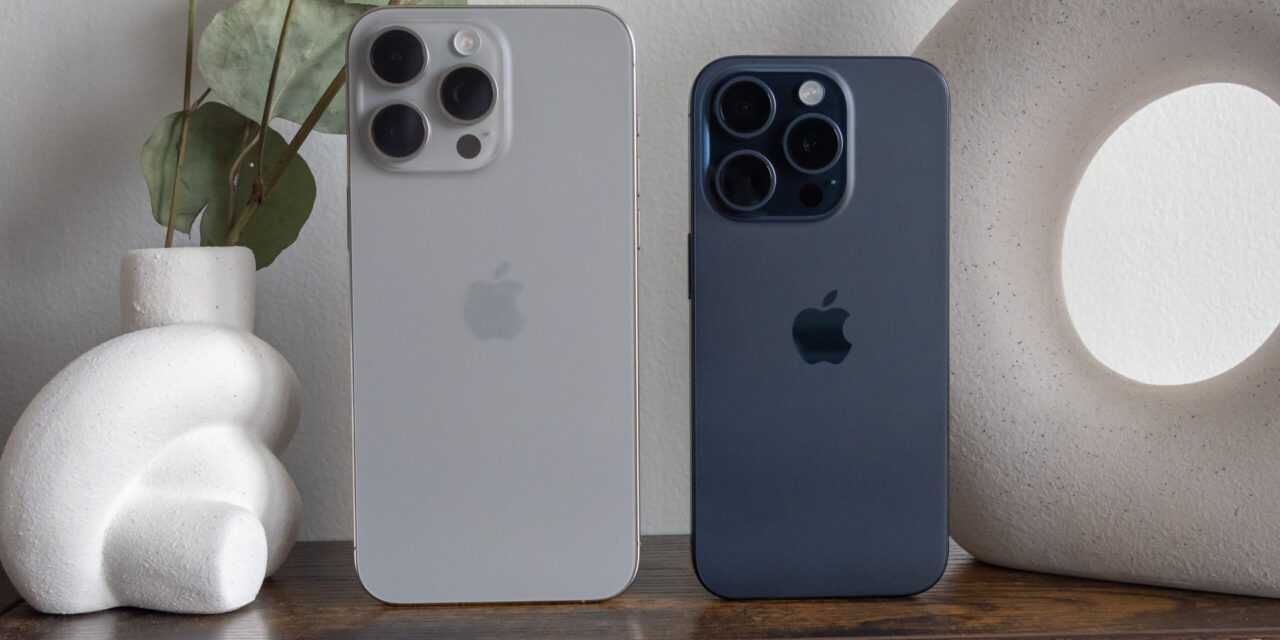
A Bloomberg report claims that thousands of Amazon employees listen to voice recordings of Amazon Echo customers from around the world. The voice recordings are heard by the team to help improve Alexa. They are transcribed, annotated, and then updated into the software again to improve the voice assistant’s speech recognition skills.
The voice recordings are heard by Amazon employees as well as contractors working from offices in Costa Rica, India, and Romania. Reviewers in the Bucharest office end up sifting through as much as 1,000 audio clips per shift as a part of their 9-hour working day. Worse, while Echo speakers are only set to record a user’s voice when they hear the wake word “Alexa,” the smart speakers end up randomly recording voice notes as well.
The work is mostly mundane. One worker in Boston said he mined accumulated voice data for specific utterances such as “Taylor Swift” and annotated them to indicate the searcher meant the musical artist. Occasionally the listeners pick up things Echo owners likely would rather stay private: a woman singing badly off key in the shower, say, or a child screaming for help. The teams use internal chat rooms to share files when they need help parsing a muddled word—or come across an amusing recording.
What’s shocking is that sometimes Alexa ends up recording some depressing and criminal talks. As per two workers, they once came across an Alexa recording of a sexual assault. They share such experiences in the internal company chat room to relieve their stress. While Amazon has guidelines on what one should do when they come across distressed recordings, they don’t interfere in such cases as they believe it is not their job.
“We take the security and privacy of our customers’ personal information seriously,” an Amazon spokesman said in an emailed statement. “We only annotate an extremely small sample of Alexa voice recordings in order [to] improve the customer experience. For example, this information helps us train our speech recognition and natural language understanding systems, so Alexa can better understand your requests, and ensure the service works well for everyone.”
“We have strict technical and operational safeguards, and have a zero tolerance policy for the abuse of our system. Employees do not have direct access to information that can identify the person or account as part of this workflow. All information is treated with high confidentiality and we use multi-factor authentication to restrict access, service encryption and audits of our control environment to protect it.”
Apple and Google also use voice recordings of their customers to help improve their voice assistants. Apple, however, ends up stripping the recorded voice of all identifiable information and deletes them after six months. Google also does something similar, though it is not clear if it deletes the voice recordings after a set period of time.
The Bloomberg report does not make it clear if Amazon is stripping the recorded audio files of all user identifiable information or not.
Our Take
If you value your privacy and are not comfortable with Alexa recording your voice commands, perhaps its time to switch to the HomePod. A recent $50 price cut makes the HomePod a bit more reasonable as well, though it is still notably more expensive than Amazon’s Echo set of speakers. But I guess privacy does come at a cost then.
[Via Bloomberg]






Recent Comments